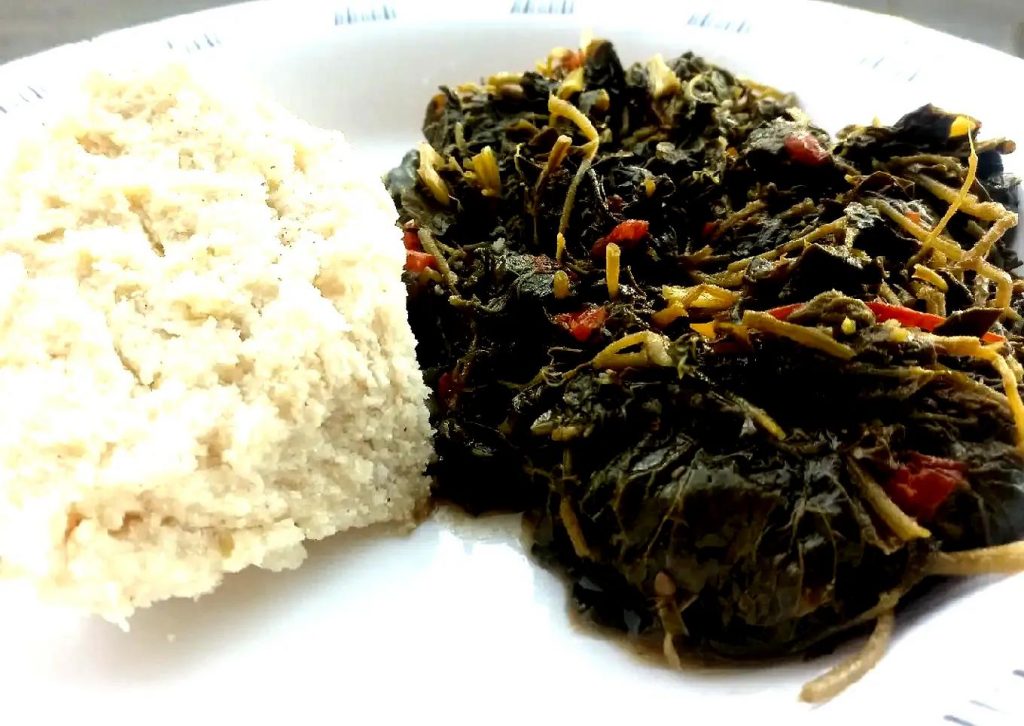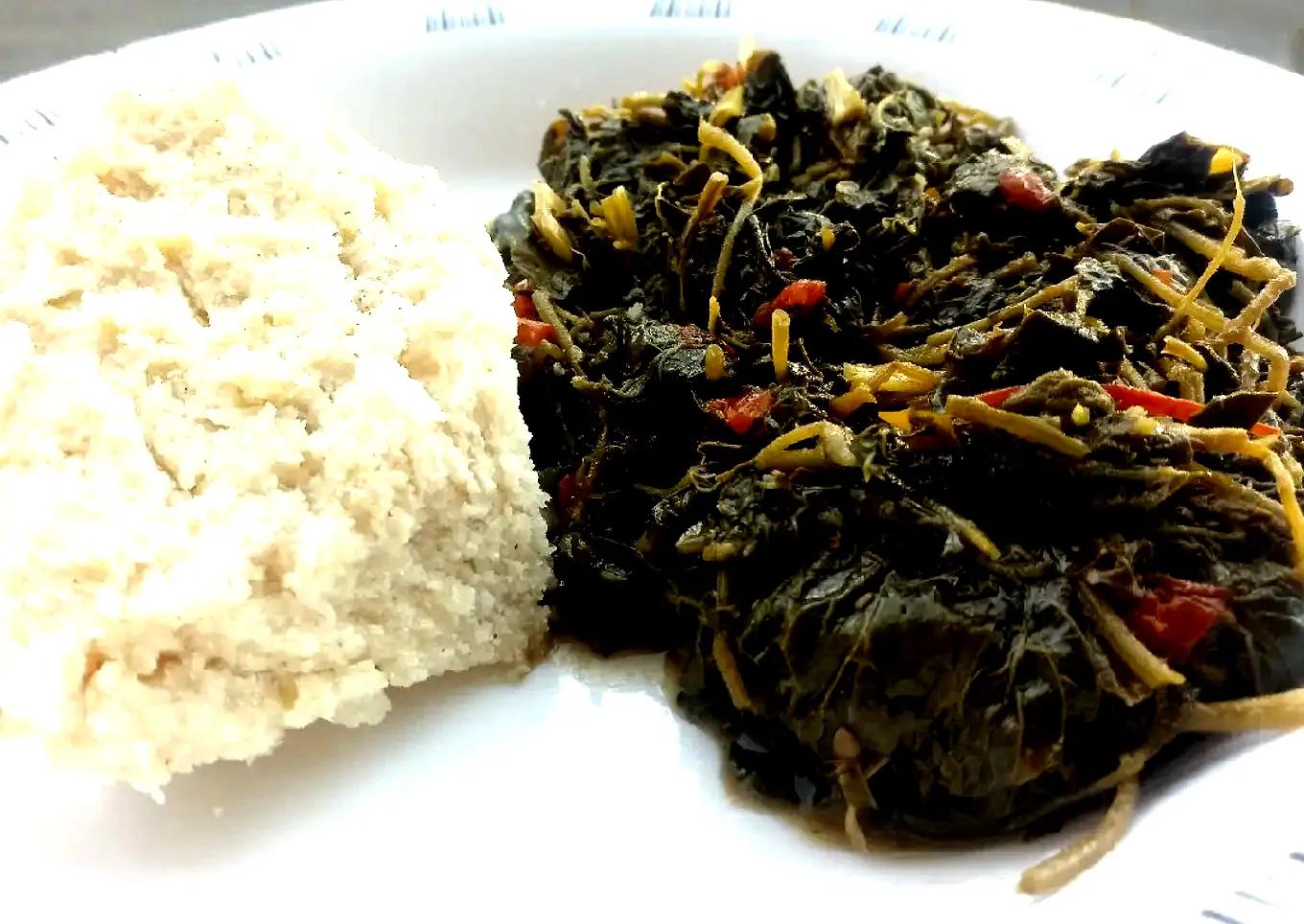African Spider Plant (Dek) Your health partner

In the vibrant tapestry of Kenyan cuisine, there exists a humble vegetable known as the African Spider Plant or locally as “dek”, “saget,” or “Chinsaga”. While its name may evoke images of arachnids, its true nature was far from scary—it is a nutritional treasure that bestows a myriad of health benefits upon those who consume it regularly.
The African Spider Plant holds immense nutritional value and culinary delight. However, unlocking its nutritional goodness is no easy feat. One would spend hours meticulously preparing the vegetable, plucking the leaves and flowers and carefully washing it to remove the any dirt before cooking. In some households, African Spider Plant is boiled in milk to redice the bitterness. Once the leaves are tender and have absorbed the savory essence of the dish. With each bite, a burst of nutrients floods the palate, invigorating the body and soul.
Let’s delve into the abundance of nutrients and health perks that this indigenous vegetable brings to the Kenyan table.
Nutrient Powerhouse:
The African Spider Plant (Dek) is a nutritional powerhouse, rich in essential vitamins, minerals, and antioxidants. Packed with vitamins A, C, and K, it supports immune function, promotes healthy skin, and aids in blood clotting. Additionally, it boasts an impressive array of minerals including iron, calcium, and magnesium, which are vital for bone health, muscle function, and overall well-being.
Fiber-Rich Goodness:
If you are looking to maintain a healthy digestive system, then, African Spider Plant is a valuable ally. It is loaded with dietary fiber, which aids in digestion, prevents constipation, and supports a healthy gut microbiome. Incorporating this fiber-rich vegetable into your diet can contribute to better digestion and improved overall gastrointestinal health.
Heart-Healthy Benefits:
Heart disease is a significant concern globally, including in Kenya. Fortunately, the African Spider Plant offers heart-healthy benefits that can help combat cardiovascular issues. Its high potassium content helps regulate blood pressure, while its low sodium content contributes to maintaining a healthy balance of electrolytes in the body. Moreover, the presence of antioxidants in the vegetable may help reduce inflammation and lower the risk of heart disease.
Blood Glucose Management:
In a country where diabetes is a prevalent health issue, managing blood glucose levels is crucial. The African Spider Plant, with its low glycemic index and high fiber content, can be a valuable addition to the diets of individuals with diabetes or those at risk of developing the condition. Consuming this vegetable may help regulate blood sugar levels, improving insulin sensitivity and reducing the risk of diabetes-related complications.

